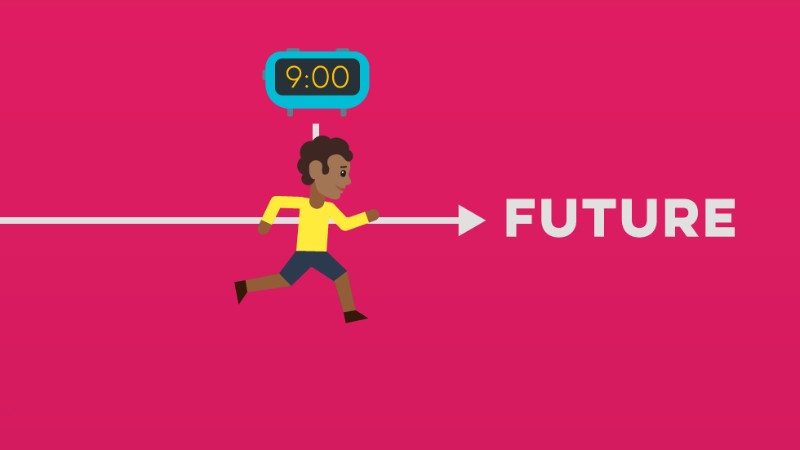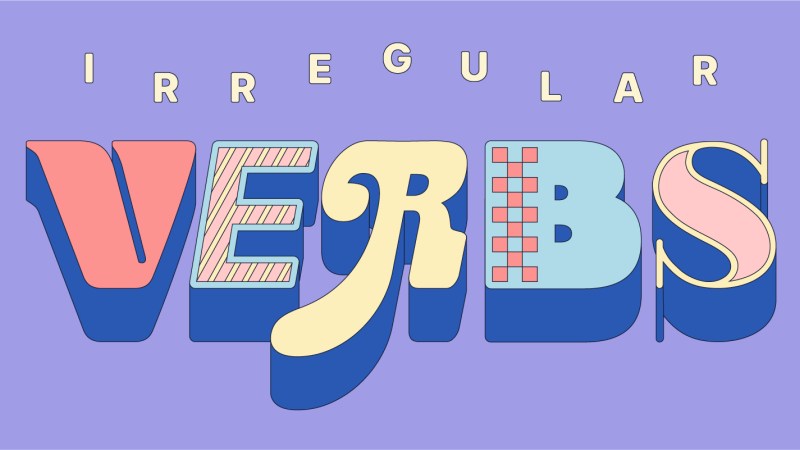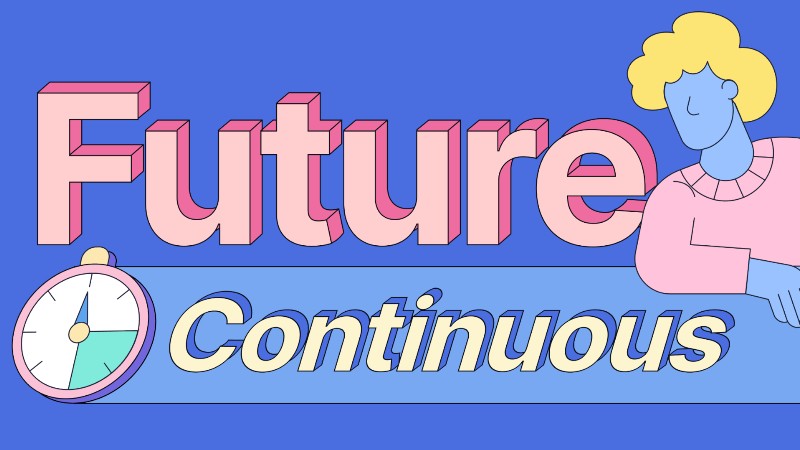
表示對未來的安排
現在進行式
我們通常會用現在進行式來表示已經選定的時間或地點,且計劃好的未來事件。
I’m taking my medicine at lunchtime. 我要在午餐時間吃藥。
She’s traveling to Canada the day after tomorrow. 她後天要去加拿大。
We are watching the football match next Sunday. 我們要在下週日看足球比賽。
be going to
我們也可以用 be going to 來表示未來的安排。
I’m going to play the piano with my teacher today. 今天我要和老師一起彈鋼琴。
現在進行式 VS be going to
現在進行式和 be going to 都可以用來表示未來的計劃,但現在進行式著重在已經決定時間或地點的未來計劃;而 be going to 是強調有意願去做某事。
I’m going to have a drink after work. 下班後我要喝一杯。(強調我的意願)
I’m having a drink with some colleagues after work. 下班後我要和一些同事喝一杯。 (強調已經安排好了)
未來進行式
我們也可以用未來進行式取代現在進行式來表示已計畫好的未來事件。
We’ll be attending the party this weekend. 這個週末我們將參加聚會。
We’ll be flying to Australia at 5 p.m. today. 我們將在今天下午 5 點飛往澳大利亞。
我們會用未來進行式提出對未來安排禮貌性的詢問。
Will you be having dinner at home at 7 p.m? 你晚上七點在家吃晚飯嗎?
並且,我們當然也可以用未來進行式表示將在未來某時間點進行中的情況。
This time next week, we’ll be traveling to London. 下週的這個時候,我們將正前往倫敦。
Tomorrow at 9 AM, you’ll be doing your exam. 明天上午 9 點,您將正進行考試。
現在簡單式
我們用現在簡單式表示已訂下時間表的未來事件。
The game starts at 10 a.m. 比賽在上午 10 點開始。
Schools close at 5 p.m. 學校在下午 5 點關閉。
I have my music class at 9 a.m. on weekends. 我周末上午 9 點有音樂課。
表示預測
will
我們用 will 來表示我們認為會發生的某件事。
I believe she’ll get an award. 我相信她會獲獎。
He will be a great teacher. 他將是一位偉大的老師。
be going to
我們用 be going to 來表示非常有可能或我們已看出會發生的事(根據現有的證據)。
Don’t drive like a crazy man. We’re going to have an accident! 不要像瘋子一樣開車。 我們要出事了!
The doctor said I’m going to have a girl. 醫生說我要生一個女孩。
未來完成式
我們用未來完成式來表示在未來某時間點前會結束的事件。
By tomorrow, the rain will have stopped in our area. 到明天,我們地區的雨就停了。
By summer this year, I’ll have received my scholarship. 到今年夏天,我將已經獲得獎學金了。
我們也可以用未來完成式來表示,直到未來某特定時間點此事件的持續時間(用靜態動詞)
By the time I move from this apartment, I will have been in New York for 11 months. 當我搬出這間公寓時,我已經在紐約呆了 11 個月。
In 5 months, we will have been married for four years. 5個月後,我們將結婚四年。
未來完成進行式
我們用 未來完成進行式+動態動詞 來表示,直到未來某時間點的事件的持續時間。
By the end of the month, I will have been traveling in Europe for 2 years. 到月底,我將在歐洲旅行 2 年。
When he turns thirty next month, he will have been playing golf for 10 years. 下個月他就三十歲了,他將已經打了 10 年的高爾夫球了。
未來時態子句(when, as soon as, until, before, after)
用現在簡單式加上when, as soon as, until, before, after 等,在句子中表示未來。
I’ll retire when I’m 60. 我將在 60 歲時退休。(不能說when I’ll be)
I won’t call you until I arrive. 我到了在給你電話 (不能說will arrive.)
will 的其他用法
表示瞬間的決定
我們用 will 來表示在說話當下(瞬間)做的決定。
‘Oh, we don’t have salt.’ ‘Don’t worry, I’ll buy some.’ “哦,我們沒有鹽了。” “別擔心,我去買一些。”
表示承諾或拒絕
I will help you whenever you need me.
I won’t lend him my car.
表示未來的事實
The president will visit Japan next November. 總統將於明年11月訪問日本。
表示提供
當我們提供某人某樣東西,我們在敘述句用 will、在問句用 shall I。
I’ll carry that bag for you. 我會替你提那個包。
Shall I organize the meeting? 我要組織會議嗎?
表示建議
我們用 shall we 來表示建議。
Shall we eat out today? 今天我們出去吃飯嗎?
表示要求/請求
Will you open the door, please? 請你開門好嗎?
表達未來的多種形式 – 練習題



Comments